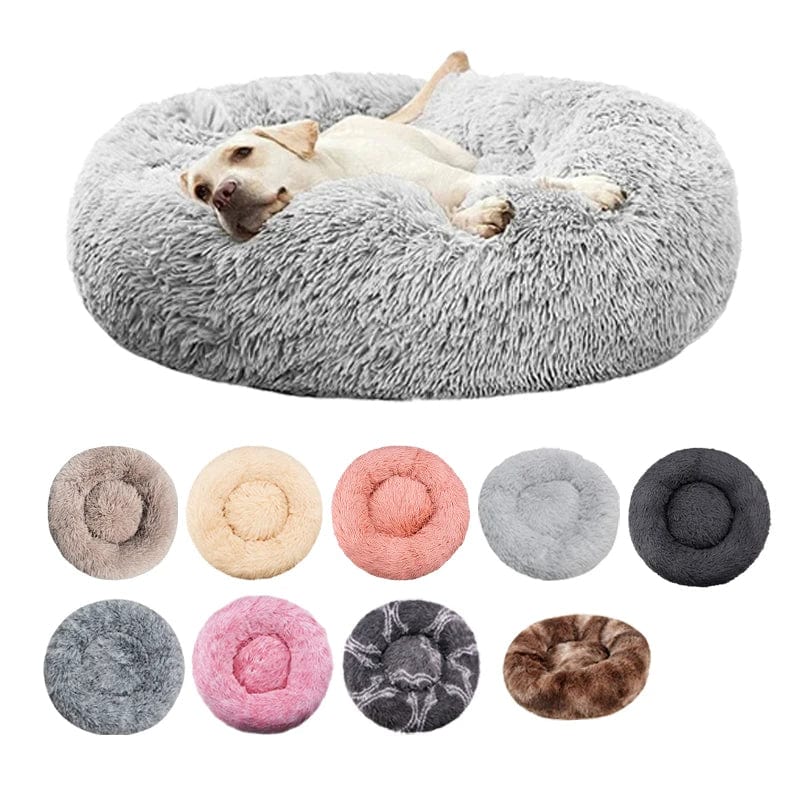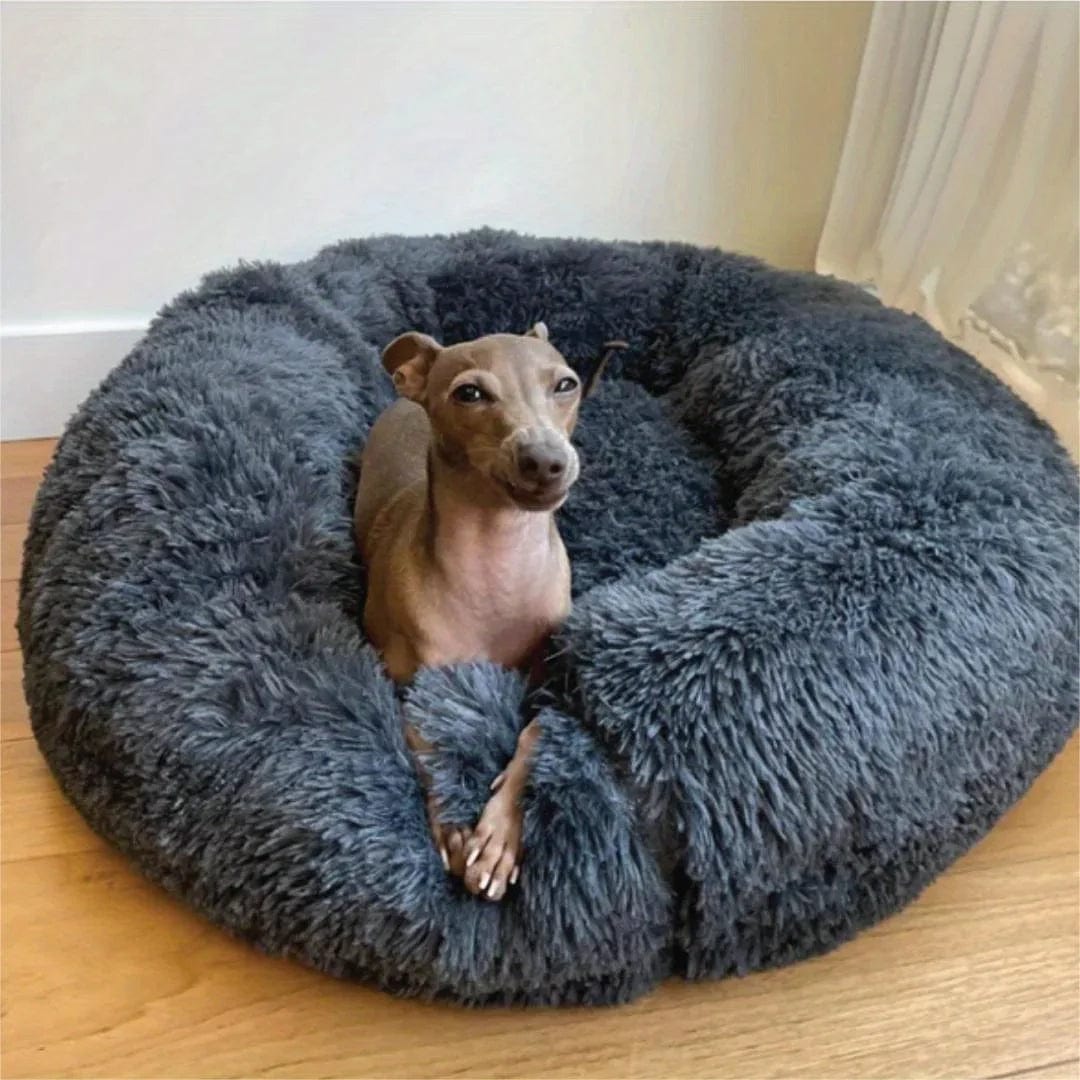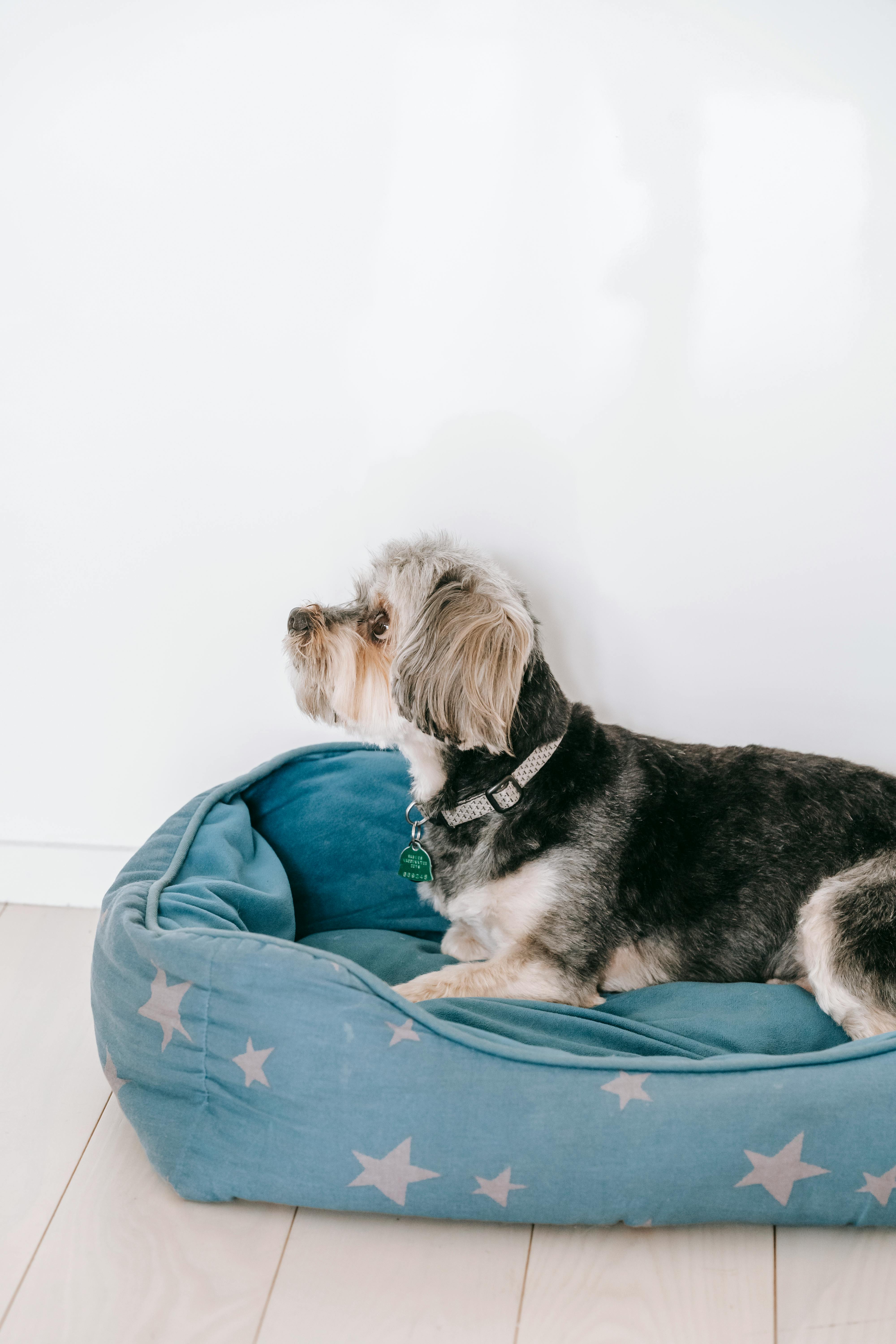Brushing Away Plaque and Tartar: A Guide to Dog Tooth Cleaning at Home
Keeping your furry friend's teeth clean is crucial for their overall health and happiness. Just like humans, dogs can suffer from dental issues like plaque buildup, gingivitis, and even tooth loss. While regular vet checkups and professional cleanings are essential, there are also effective home remedies you can use to maintain their pearly whites.
The Importance of Dog Tooth Cleaning
Dental hygiene for dogs is often overlooked, but it's a critical part of their well-being. Neglecting their teeth can lead to:
-
Painful gum disease: Plaque and tartar buildup can irritate gums, causing inflammation (gingivitis) and eventually leading to periodontal disease. This can be extremely painful and even result in tooth loss.
-
Bad breath: Bacterial growth in the mouth contributes to foul breath, which can be a sign of underlying dental problems.
-
Heart and kidney issues: Bacteria from infected gums can enter the bloodstream and travel to vital organs, potentially causing heart and kidney problems.
Effective Home Remedies for Dog Tooth Cleaning
While brushing is the most effective way to remove plaque, incorporating these home remedies can help supplement your dog's oral care routine:
1. Dental Chews and Treats
- Choose dental chews and treats specifically designed for dogs and made with ingredients that promote teeth cleaning, like nylon or rubber.
- Look for products with the Veterinary Oral Health Council (VOHC) seal of approval for assurance of their efficacy.
- Offer these treats regularly to help scrape away plaque and tartar.
2. Dental Toys
- Dental toys are specifically designed to help dogs clean their teeth through chewing and gnawing.
- Select toys made from durable materials that won't break apart and become choking hazards.
- Consider toys with textured surfaces for increased cleaning action.
3. Water Additives
- Water additives containing enzymes or chlorhexidine can help reduce plaque and bacteria in your dog's mouth.
- Follow the manufacturer's instructions carefully for the correct dosage.
- These additives are a convenient way to promote oral health without needing to brush your dog's teeth daily.
4. Homemade Toothpaste
- You can make your own dog-friendly toothpaste using safe ingredients like baking soda, coconut oil, and a bit of water.
- Apply a small amount to your dog's toothbrush or finger and gently massage their teeth and gums.
- Avoid using human toothpaste, as it contains ingredients that can be harmful to dogs.
5. Diet
- A healthy diet can contribute to good oral health. Choose dog food formulated to help prevent plaque and tartar buildup.
- Dry kibble is generally better than wet food for cleaning teeth, as the chewing action helps to scrape away plaque.
- Limit sugary treats and snacks, which can feed bacteria and contribute to dental issues.
Tips for Successful Dog Tooth Cleaning
-
Start early: Begin brushing your dog's teeth as a puppy to get them accustomed to the process.
-
Use dog-specific toothpaste: Human toothpaste can be toxic to dogs. Choose a toothpaste designed specifically for canine use.
-
Be gentle: Avoid using excessive force when brushing. Focus on a gentle circular motion.
-
Make it a positive experience: Use praise, treats, or a favorite toy to reward your dog for good behavior during brushing.
-
Don't give up: Consistency is key. Even if your dog resists at first, keep practicing, and they will eventually learn to tolerate it.
Conclusion
Maintaining your dog's dental hygiene is an essential part of their overall health. By incorporating these home remedies and following the tips above, you can help ensure a happy and healthy smile for your furry friend.
Remember, regular vet checkups and professional cleanings are still crucial for optimal oral care. Consult your vet for personalized advice and recommendations for your dog's specific needs.



